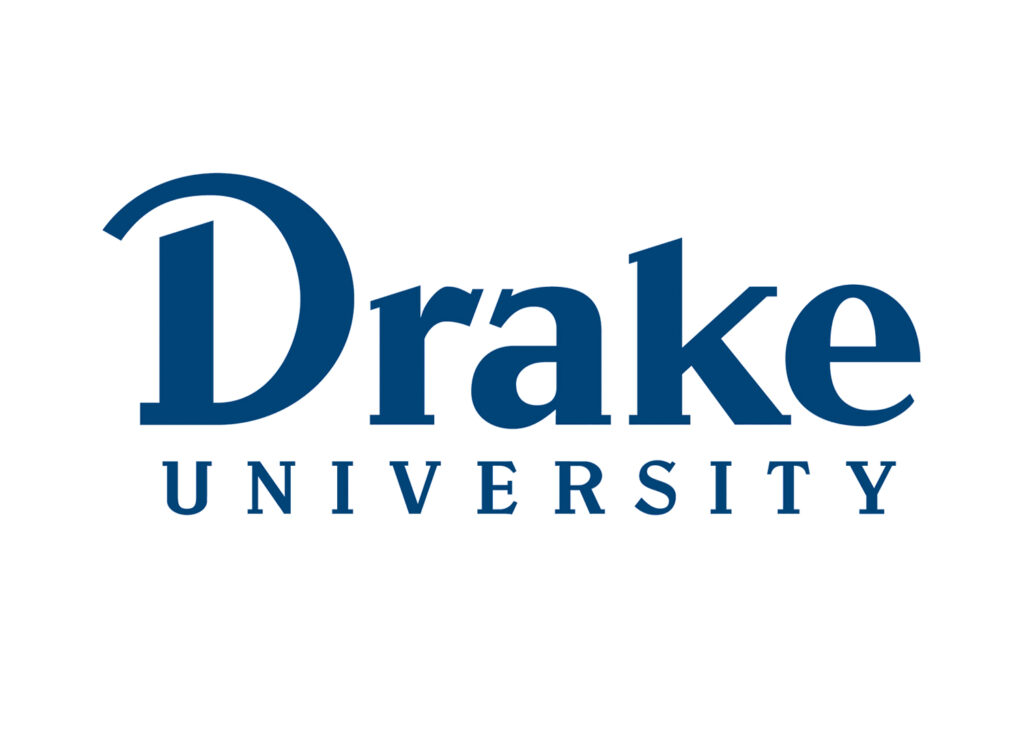DMACC panel brings together leaders, ideas
A panel of five area Business leaders wrapped up festivities on Innovation Week at the Des Moines Area Community College West campus last week.
Dennis Albaugh, owner of Albaugh Inc., Fred Buie, CEO of Keystone Electrical Manufacturing Co., Sarah Grant, owner of Sticks Inc., Lloyd Hill, vice president of American Equity Investment Life Insurance Co., and Connie Wimer, owner of Business Publications Corp. Inc., answered questions on a variety of topics, including how the government can help businesses, what Des Moines can do to retain young professionals and if schools are doing enough to prepare people on how to start a business.
Retaining young professionals
The consensus among panel members was that Des Moines should be an attractive destination for young professionals.
“I love Des Moines, and I think it’s an extremely exciting place to live for a lot of reasons,” Wimer said. “Having watched it through the eyes of a business person for the past 35 years, what we have accomplished is just extraordinary.”
Hill touted the opportunities the area offers in terms of jobs for college graduates, especially in insurance. Buie said if young people have jobs they want, they will stay.
Added Grant, “It is not Iowa’s objective to be what we’re not,” telling a story of bringing customers to the area who then touted the ease of living and beauty of the area.
Albaugh’s advice for young professionals was to find a job they’re happy to be in “and don’t worry about what the next guy’s doing.”
Government involvement
On government matters, the panelists had differing views. When one audience member asked if the government could be a business partner, Grant emphatically answered “no.”
“I don’t need them as my business partner,” she said, speaking from the perspective of a small business owner. “It is extremely difficult to have a voice with the government in terms of what could or could not be done to fix or change or make my business grow or be better or employ more people.”
Buie took the opposite view.
“I think the government can be a good business partner, and has to be a good business partner in order for the economy to grow,” he said. A large part of that is finding ways to attract businesses to the area.
U.S. businesses
Albaugh said the United States is “by far way ahead of any other country” that he has operated in.
“Everybody learns from America,” he said. “What you find up here – it’s just a few years later it’s in Brazil, it’s in Argentina and many other countries. I’m pretty optimistic.”
Education preparation
Buie said that although colleges today do a much better job than before of preparing students to start their own businesses, they can’t necessarily teach the intangibles.
“Preparation today is much, much greater than when I was going through school,” he said. “The thing that successful business owners have that is not taught so much in school is that passion for what you do. It’s a 24/7 commitment.”
Wimer, who purchased Iowa Title Co. in 1976 with “no knowledge of that industry whatsoever,” said the environment for starting a business is “1,000 percent” better than in the late 1960s and early 1970s. She credited people such as local venture capitalist John Pappajohn for creating an environment today for entrepreneurs in Greater Des Moines.










